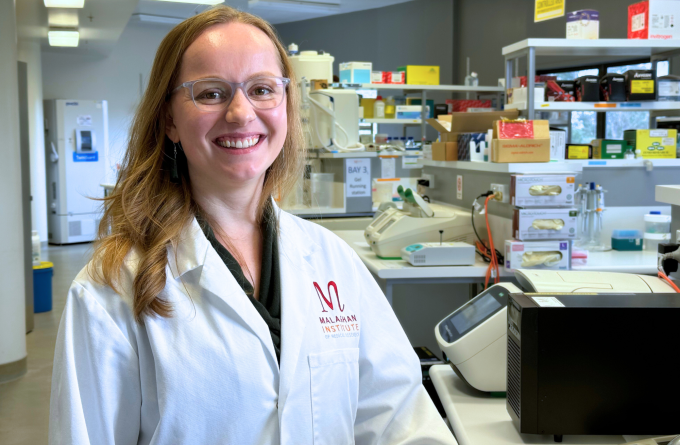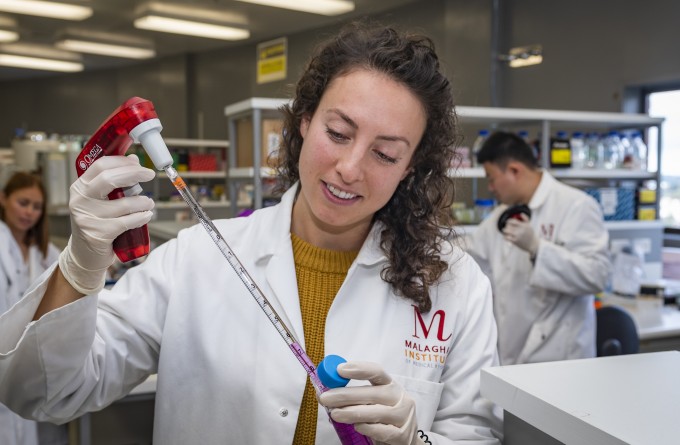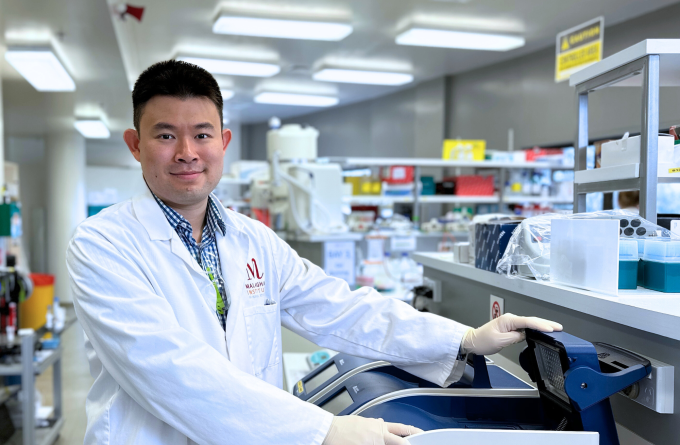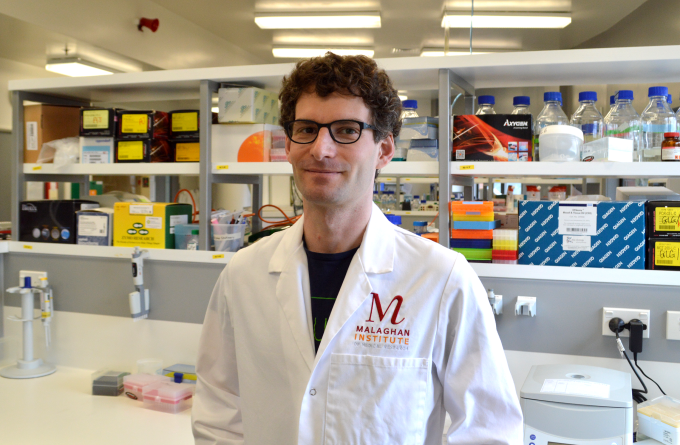The Gasser Laboratory investigates ways to leverage communication between the immune system and metabolism, with an emphasis on nutrition and gut resident microbes to design new therapies to improve immune health as it relates to cancer, inflammatory and infectious diseases.
In particular, they focus on investigating how metabolites generated by the microbiome spread throughout the body and influence the behaviour of immune cells in the brain, lung and skin. By obtaining a deeper understanding of how metabolites and gut microbes contribute to a healthy immune system, we can determine whether our immune responses can be optimised through certain dietary manipulations.
The Gasser Laboratory aims to reveal the immune system’s evolutionary role as an environmental sensor, not purely restricted to pathogens but also signals and stressors of metabolic origin, providing a distinct and holistic approach to disease prevention and cure. The translational immunology research group works to be a key pillar of the High-Value Nutrition Ko Ngā Kai Whai Painga National Science Challenge.
Research areas
- Allergic and Inflammatory disease
- Nutritional immunology
- Immunometabolism
- Mucosal immunology
- Innate-like T-cell biology
Research projects
-
Immunometabolic impact of nutrition
-
Dietary modulation of arylhydrocarbon receptor-mediated immunity
-
Impact of dietary fibre on vaccine-mediated immune responses
-
Relationship between nutrition, microbiome and immunity
-
Role of innate-like T cells in allergic diseases
-
Immunological side-effects of dietary folic acid
Collaborations
Featured publications
Woods K, Cait A, Gell K, Naidoo K, Brown C, Carpenter E, Gasser O (2022). Goat milk-derived lipids restrain NKT cell-dependent eosinophilic inflammation in a murine model of atopic dermatitis. J Invest Dermatol. 14:S0022-202X(22)00200-7
Cait A, Mooney A, Poyntz H, Shortt N, Jones A, Gestin A, Gell K, Grooby A, O’Sullivan D, Tang JS, Young W, Thayabaran D, Sparks J, Ostapowicz T, Tay A, Poppitt SD, Elliott S, Wakefield G, Parry-Strong A, Ralston J, Beasley R, Weatherall M, Braithwaite I, Forbes-Blom E and Gasser O (2021). Potential Association Between Dietary Fibre and Humoral Response to the Seasonal Influenza Vaccine. Front. Immunol. 12:765528
Tang JS, Cait A, Li Y, Abolins-Thompson H, Gell K, Herst PM, O'Sullivan D, Gasser O (2021). Practical Approach To Explore the Effects of Polyphenols on Aryl Hydrocarbon Receptor Regulated Immune Function. J Agric Food Chem. 69(31):8625-8633
Gasser O, Tang J, Cait A (2021). Commentary on "properties and reactivity of the folic acid and folate photoproduct 6-formylpterin" by Goossens et al. [Free radic. Biol. Med. (2021) May 6;S0891-5849(21)00283-5]. Free Radic Biol Med. 2021 Jul 8:S0891-5849(21)00405-6
Naidoo K, Woods K, Pellefigues C, Cait A, O'Sullivan D, Gell K, Marshall AJ, Anderson RJ, Li Y, Schmidt A, Prasit K, Mayer JU, Gestin A, Hermans IF, Painter G, Jacobsen EA, Gasser O (2021). MR1-dependent immune surveillance of the skin contributes to pathogenesis and is a photobiological target of UV light therapy in a mouse model of atopic dermatitis. Allergy. 76(10):3155-3170
Tang JS, Compton BJ, Marshall A, Anderson R, Li Y, van der Woude H, Hermans IF, Painter GF, Gasser O (2020). Mānuka honey-derived methylglyoxal enhances microbial sensing by mucosal-associated invariant T cells. Food Funct. 1;11(7):5782-5787. doi: 10.1039/d0fo01153c. Epub 2020 Jul 3.PMID: 32618294
Li Y, Woods K, Parry-Strong A, Anderson RJ, Capistrano C, Gestin A, Painter GF, Hermans IF, Krebs J, Gasser O. (2020). Distinct Dysfunctional States of Circulating Innate-Like T Cells in Metabolic Disease. Front Immunol. 13;11:448. doi: 10.3389/fimmu.2020.00448. eCollection 2020.PMID: 32231670
Research highlights

Fever: too hot to handle or the body's first line of defence?
22 August 2024

Location, location, location: study finds where MAIT cells live may determine their role in allergic disease
12 February 2024

In Focus: A gateway for toxic damage and immune health
9 November 2023

Investigating the impact of dietary fibre on infant health
1 November 2022

Clinical study investigating the impact of dietary fibre on type-2 diabetes
20 September 2022

Study finds a high-fibre diet can improve immune response to vaccines
18 November 2021

